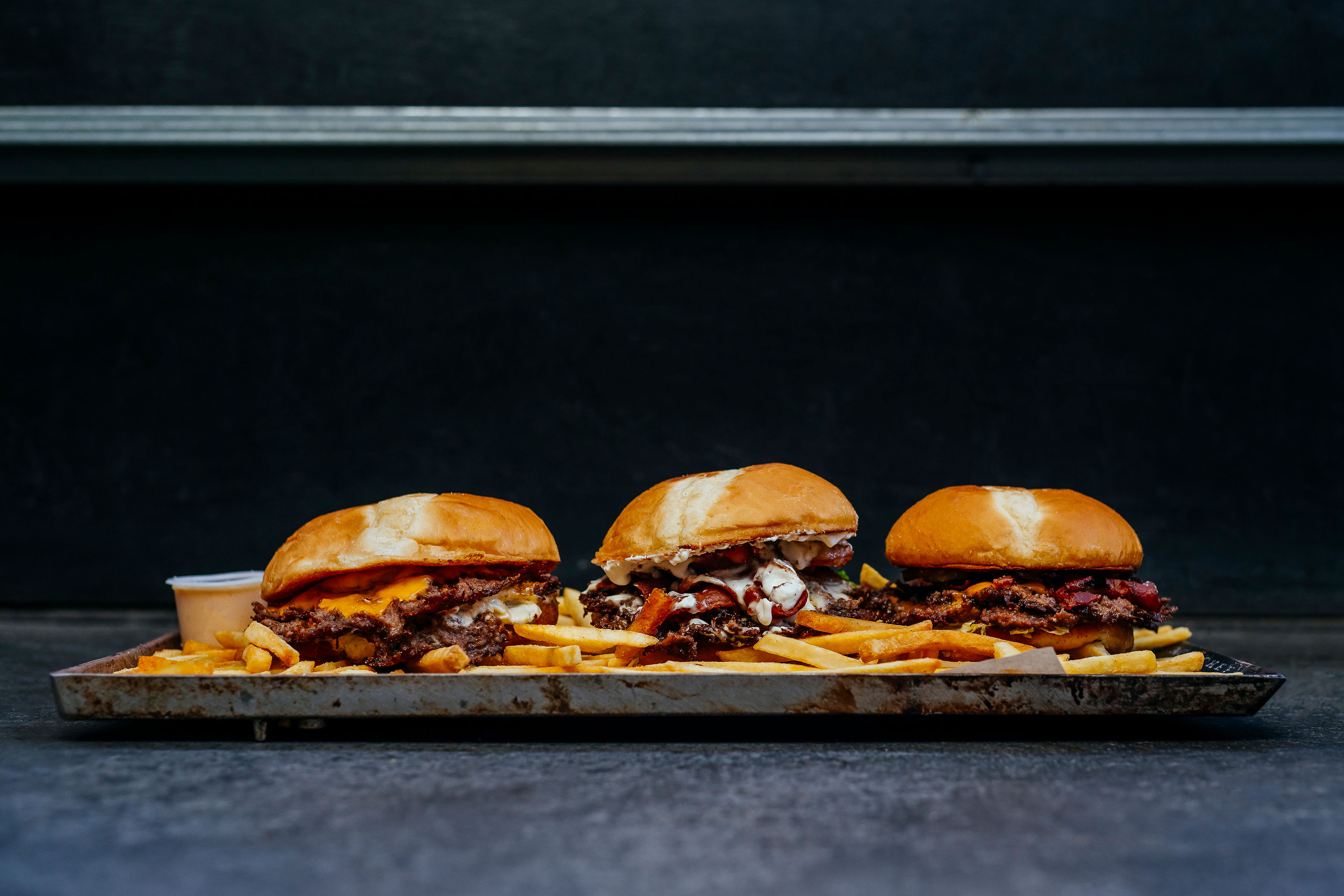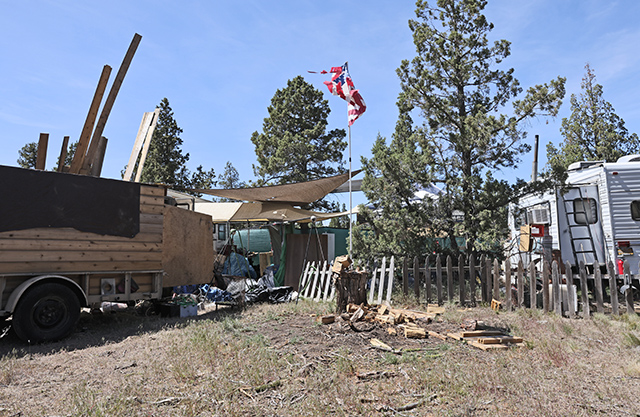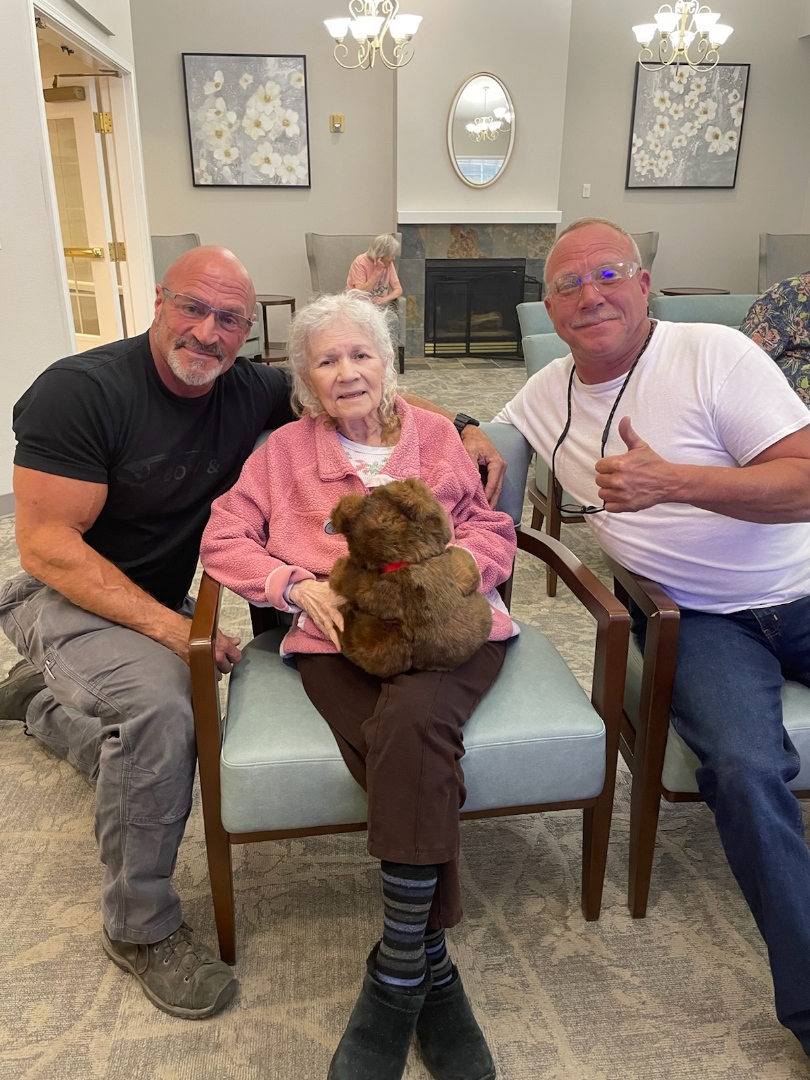McDonald’s argues case for small-town adaptability
Published 4:00 am Sunday, January 2, 2005
Leavenworth, Wash., population 1,800, has got one spiffy McDonald’s.
The Bavarian-themed tourist town sits 35 miles from one of Washington’s major mountain passes and has been home to an ornately decorated McDonald’s for 10 years.
”We had no major problems with McDonalds,” said Ken Kohnhorst, media relations director for the Leavenworth Chamber of Commerce. ”They designed their building and their signs to comply with our theme.”
Opponents of McDonald’s in Sisters have argued the fast-food restaurant spells the end of the city’s Western-themed charm. McDonald’s supporters said it’ll be one of a dozen chains in the 1,400-person town, none of which has led to Sisters’ demise.
But Sisters, where the city council approved a permit for the restaurant last week, wouldn’t be the first small town to get a fast-food restaurant.
If opponents win an expected appeal to the state Land Use Board of Appeals, it wouldn’t be the first to shut out a national chain, either.
In Leavenworth, as with the McDonald’s in Sisters, the fast-food giant agreed to modify its design to fit into the city’s Bavarian theme, Kohnhorst said. That included eliminating lighted signs and decorating the building with old-world touches.
”We’ve integrated into that community seamlessly,” said Jan Hill, McDonald’s marketing manager for the Northwest region.
Michelle Delvo, owner of Cafe Christa, a German restaurant in town, remembers things differently.
”They wanted lighted signs and everything,” Delvo said. ”The town had to go and codify everything to fight (McDonald’s).”
Delvo said her business hasn’t been hurt by the golden arches, but she’d prefer if they hadn’t come.
”You still occasionally get people who take their kids there and then (the parents) come here for dinner,” she said.
Still, Delvo admitted the chain restaurant may have also attracted a few new visitors to Leavenworth.
”Those people that know McDonald’s and seem to love McDonald’s, they’re going to look for a McDonald’s,” Kohnhorst said. ”I’ve seen 200-year-old buildings in Germany that have McDonald’s in them.”
Cannon Beach, a 1,600-person summertime tourist town on the Oregon coast, decided in the late 1970s that it would take a different approach. The town has banned all drive-through and ”formula food” restaurants for nearly 25 years.
The Cannon Beach city code defines ”formula food” as ”a restaurant required by contractual or other arrangements to offer standardized menus, ingredients, food preparation, interior or exterior design, or uniforms.”
Banning drive-ups has helped create a pedestrian-friendly downtown, and freed up parking for other visitors, said City Planner Rainmar Bartel.
”It was part of the city’s efforts at that time to create a set of planning standards that would try to achieve a unique community,” Bartel said. He added that the provision probably wouldn’t stand up to a strong legal challenge, but the city has no plans to repeal it.
”We think it makes a statement about what the city’s objective are,” Bartel said.
Keith Chu can be reached at 541-383-0348 or at kchu@bendbulletin.com.






